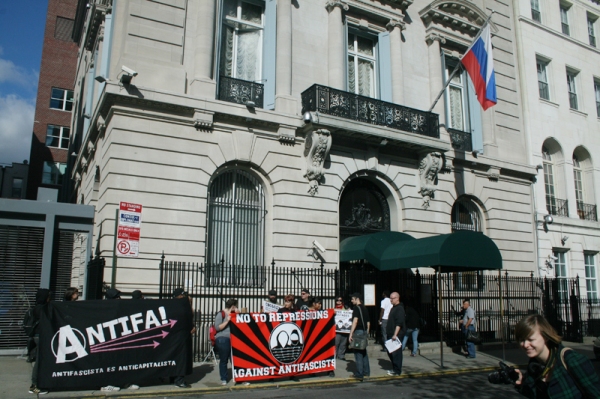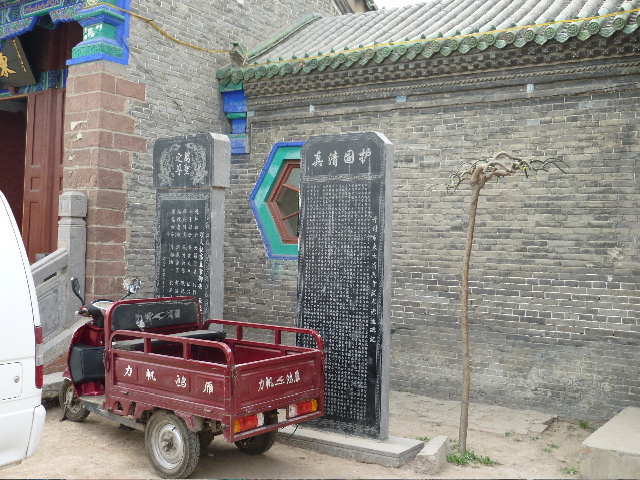Peru: Newmont Mining to abandon Conga project?
As protests continue in defiance of a state of emergency, the CEO of Newmont Mining acknowledged that conditions do not exist to move ahead with the giant Conga project.
As protests continue in defiance of a state of emergency, the CEO of Newmont Mining acknowledged that conditions do not exist to move ahead with the giant Conga project.
Campesinos in Peru’s northern Piura region pledge to resist announced plans by Chinese mining company Zijin to move ahead with the long-contested Río Blanco copper project.
After a new Shining Path attack left five soldiers dead in Peru’s jungle, anti-terrorism prosecutor Julio Galindo said the guerillas control illegal gold-mining operations.
The Andean Coordinator of Indigenous Organizations (CAOI), meeting in Cundinamarca, Colombia, called for construction of a "new paradigm" for a "sustainable civilization."
Even establishment voices in Peru are calling for a suspension of the Conga mining project, as Cajamarca region remains under a state of emergency for another month.
Campesinos in Peru blocked roads to protest the pollution of local waters by a US-owned mining project in Áncash region, and the Pasto Grande II water diversion scheme.
Peru’s President Ollanta Humala has extended the state of emergency in the jungle area called the VRAE, where the Shining Path guerilla movement remains active.
Leaders in Peru’s Cajamarca region said they see no purpose in continuing talks with two Catholic priests trying to mediate a solution to the dispute over the Conga mining project.
Ecuador will use the pipeline that links Peru’s northern Amazon oil zone to the Pacific coast to transport crude under a deal the comes despite renewed border tensions.
More than 100 local residents were sickened by a toxic spill at the giant Antamina copper mine in Peru. Anonymous hackers promptly vandalized the company website.

Lizardo Cauper, president of Peru's alliance of Amazonian peoples, AIDESEP, issued an urgent call for authorities to open dialogue with indigenous communities in the northern region of Loreto rather than militarizing the area in response to mounting social conflicts and attacks on the North Peruvian Pipeline. Noting that the aging pipeline is in chronic disrepair, with repeated spills contaminating the rainforest, Cauper said: "We have made a call that, in place of militarization, they put in place a new pipeline. But it is not enough to have a new pipeline, but to respond to the demands of the people who are living around these oil activities." Regional authorities have called upon Lima to declare a state of emergency in response to paralysis of the pipeline, which delivers crude from rainforest oilfields over the Andes. (Photo: Andina)

World oil prices remain depressed despite an uptick this month, driven by the Venezuela crisis and fear of US-China trade war. Yet this month also saw Zimbabwe explode into angry protests over fuel prices. The unrest was sparked when the government doubled prices, in an effort to crack down on "rampant" illegal trading. Simultaneously, long lines at gas stations are reported across Mexico—again due to a crackdown on illegal petrol trafficking. Despite all the talk in recent years about how low oil prices are now permanent (mirrored, of course, in the similar talk 10 years ago about how high prices were permanent), the crises in Zimbabwe and Mexico may be harbingers of a coming global shock. (Photo via Amnesty International)